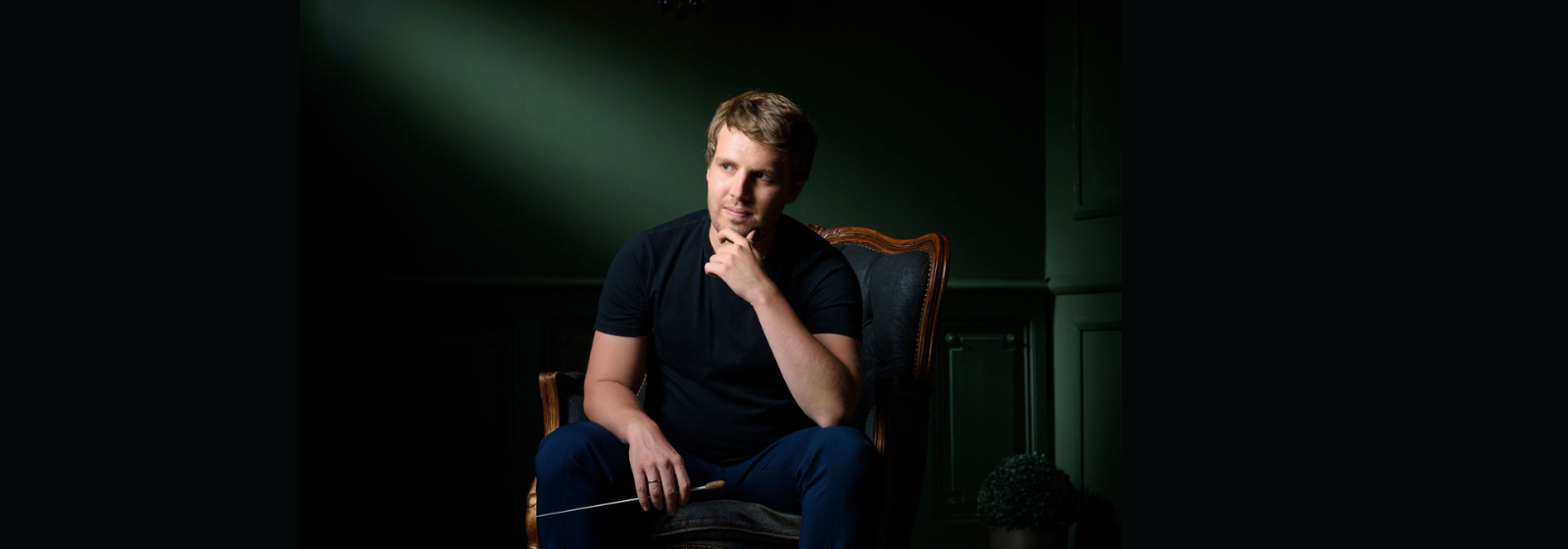
Budapest
BEETHOVEN + PETROVICS
Lukács season ticket 2
Pyotr TCHAIKOVSKY: The Tempest – overture-fantasia, Op. 18
Emil PETROVICS: Cantata No. 5 (Letters from Turkey), Op. 29
for bass voice and chamber orchestra
***
Ludwig van BEETHOVEN: Symphony No. 6 in F major (“Pastorale”), Op. 68
Zsombor Cserményi bass
Hungarian National Philharmonic Orchestra
Conductor: Gábor Hontvári
Pyotr Ilyich Tchaikovsky’s overture-fantasia, The Tempest evokes the dramatic atmosphere of Shakespeare’s drama of the same name, while Emil Petrovics’s Cantata No. 5, Letters from Turkey brings to life the figure of Kelemen Mikes, Ferenc Rákóczi’s scribe and chamberlain who remained loyal to the ruler until his last breath. By contrast, Beethoven’s “Pastorale” Symphony No. 6 in F major glorifies the harmony of man with nature. The Lukács season ticket of the Hungarian National Philharmonic Orchestra offers exciting thematic programmes and this evening is no exception. The bass solo of the cantata will be performed by Zsombor Cserményi, a member of the Hungarian National Choir, and the audience will get to know talented young composer in the person of Gábor Hontvári.
Audiences will be familiar with Tchaikovsky’s heart-rendingly beautiful Romeo and Juliet overture-fantasy, but the equivalent treatment of The Tempest, also inspired by a Shakespeare drama, promises to be a voyage of discovery for those attending the second concert of the Hungarian National Philharmonic Orchestra’s Lukács season ticket. The evening’s young conductor, Gábor Hontvári, will then lead the orchestra through one of the noteworthy works of Hungarian music of recent times, Emil Petrovics’s Cantata No. 5, which evokes the figure of Kelemen Mikes and his Letters from Turkey with the help of the Hungarian National Choir’s bassist Zsombor Cserményi. Following the interval, the audience will hear one of Beethoven’s most glorious and captivating orchestral works, the “Pastorale” Symphony No. 6 in F major. The composition’s figurative, programmatic movements capture the spiritual harmony of man living in nature. The Lukács season ticket promises a special treat for discerning music lovers as each evening introduces a piece of music inspired by Shakespeare (or two, in the case of the third performance), before presenting a worthy Hungarian work from recent times, and closing by allowing us to immerse ourselves in the waves of emotion and passion of a popular Beethoven symphony.


